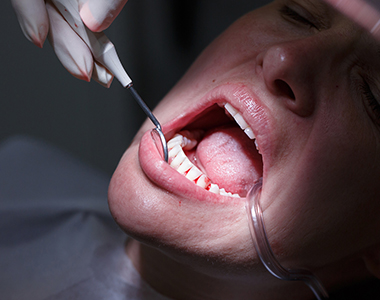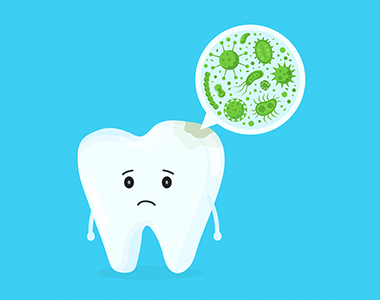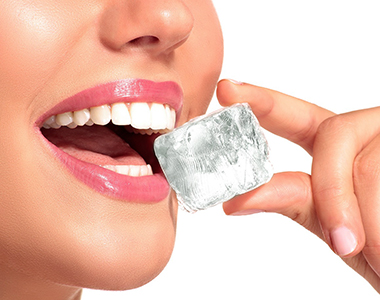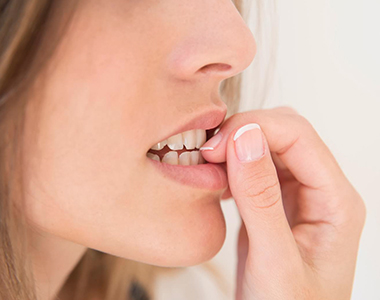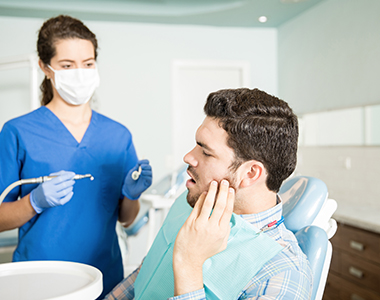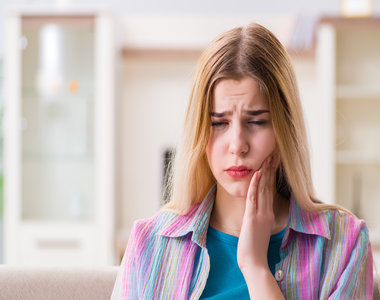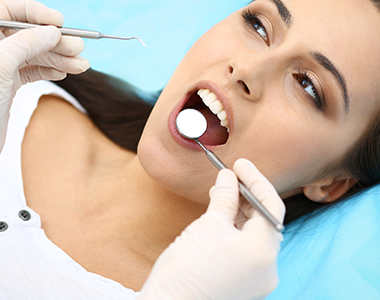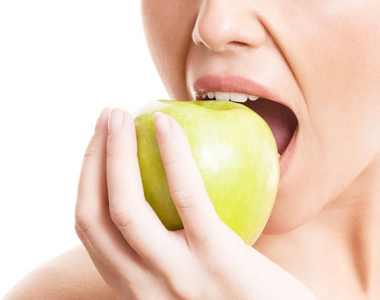
Diet and Dental Health
Category : Gentalcare
Your body is a complex machine. The foods you select and the way you eat them will have an effect on your general health and therefore the health of your teeth and gums, too. If you consume too many sugar-filled sodas, sweet fruit drinks, or non-nutritious snacks, you may be in danger of tooth decay. Diet can be especially important for children’s dental health, as tooth decay is the single most common chronic childhood illness, however, the good news is that it’s entirely preventable.
Tooth decay happens once plaque comes in contact with sugar within the mouth. Plaque bacteria feed on sugar, and cause acid which eats away at the tooth enamel.
Foods that contain sugars of any kind can contribute to decay. To manage the quantity of sugar you eat, scan the nutrition facts and ingredient labels on foods and beverages and opt for choices low in sugar. Your doctor or a registered specialist may offer suggestions for a healthy diet. If your diet lacks certain nutrients, it’s going to be harder for tissues in your mouth to resist infection, which can contribute to gum disease. Severe gum disease may be a major reason behind tooth loss in adults. Several researchers believe that gum disease is more severe and progresses more quickly in people with poor nutrition.
To learn what foods are best for you, visit ChooseMyPlate.Gov, an internet site from the Center for Nutrition Policy and Promotion, office of the U.S. Department of Agriculture. The site contains dietary recommendations for kids and adults based on their levels of physical activity.
Wise selections
For healthy living and for healthy teeth and gums, think before you eat and drink. It’s not only what you eat, but also when you eat that may have an effect on your dental health. Eat a balanced diet and limit between-meal snacks. If you’re on a special diet, keep your physician’s recommendation in mind when selecting foods.
For good dental health, keep the following tips in mind when selecting your meals and snacks:
• Drink plenty of water.
• Eat a variety of foods that include
o Whole grains
o Fruits
o Vegetables
o Low-fat and fat-free dairy foods
Limit the number of snacks you eat. If you are eating a snack, opt for one thing that’s healthy like fruit or vegetables or a piece of cheese. Foods that are eaten as a part of a meal cause less damage to teeth than eating multiple snacks throughout the day, because a lot of saliva is discharged through a meal. Saliva helps wash foods from the mouth and lessens the effect of acids, which may hurt teeth and cause cavities. For good dental health, keep in mind to brush twice a day with a fluoride toothpaste that has the American Dental Association Seal of Acceptance, floss daily, and visit your dental practitioner frequently. With regular visits, your dentist can help to catch any potential problems, and provide the necessary treatment right away while the problem is manageable and simple to treat.

 Review Us
Review Us  Review Us
Review Us 